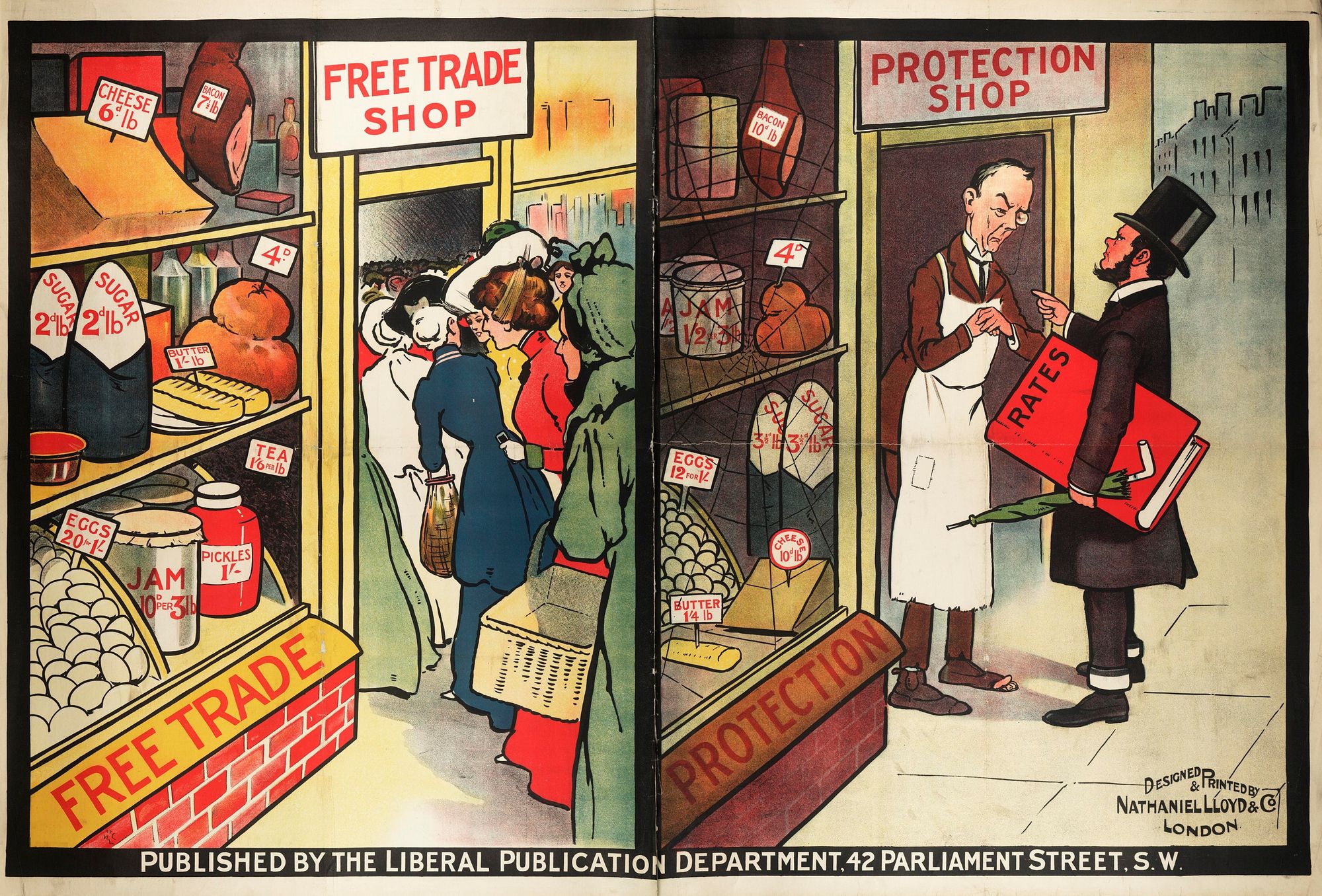Unit 5 - Problems & Exercises
Multilateral Trade Core Principles & Exceptions (GATT/WTO Article 1: MFN, Cultural Exceptions) & Goods vs Services

As example of a classic MFN dispute in the Indonesian context, see
Indonesia - Certain Measures Affecting the Automobile Industry (DS54) (Concentration Art I Problem)
Focus on the idea of most favoured nations (MFN), and then realize that this rule is most often suspended for “developing counties,” reflecting the idea that they are not in the same position as developed or industrialized countries. But what defines a “developing country”? Part of the problem is a result of successful historical development efforts, since some former developing countries have made such economic progress that they are now OECD members (e.g., South Korea and Mexico), while others like Singapore evince a level of sophistication and indicators like per capita GDP in excess of many OECD members. Why, or why not, should Indonesia be treated as a developing country here for which MFN effectively should be waived? Looking to Indonesia as just having become an “upper middle income” country in World Bank terms (meaning per capita income exceeds $4,000, with the entire “upper middle” range extending to just above $12,000), the “graduation” question presents itself. By the same token, the US employs the special and differential treatment idea to in the form of such legislation as the African Growth and Opportunity Act (AGOA) to provide preferential trade arrangements to countries fulfilling certain criteria (market orientation, efforts to combat corruption, etc.). So where should the line be drawn on what is a developing country, bearing in mind that China would take the position in its current trade disputes with the US that it should be able to claim developing country status and so easier application of standards like MFN?
Regarding services regulation broadly, there are in the US already in areas like continuing medical education (CME, particularly for medical specialties; doctors are required to participate in continuing education just like lawyers) arrangements for reciprocal recognition of CME course credits between the US and Europe, so presumably kidney surgeons can get credit for conference and hospital course attendance equally while sunning in Miami Beach and skiing in Zurich. Would such selective reciprocal recognition of training run afoul of MFN, if such CME requirements were actually imposed by state and local level medical societies (medicine traditionally being a self-regulated profession) as part of formal discussions about how to liberalize medical services? Would it violate GATS MFN principles generally if we took the next step and had mutual recognition of European and American medical practitioners’ licenses under a trade agreement (but not, for example, medical practitioners’ licenses from countries in Asia or South America)? How would you analyse that question? But the preliminary evidence is that medical services liberalization may be driven more at the corporate level by hospital companies rather than at the physician level by licensed practitioners. Why do you think that is, and what does it tell you about services and MFN? What do you think is the interplay between qualifications and (self-)regulation, versus competitive pressures and government licensed industries? Remember, even in the US to open a hospital you require a certificate of need, so beyond individual physicians’ licenses to practice you encounter sophisticated major facilities licensing requirements. Medicine is a heavily regulated industry, but if liberalization of medical services were to be undertaken under GATS or an FTA, would the regulation remain at the state level, and why?
Finally, how do delivery modes for services under the GATS Article I apply to medical services liberalization as a technical matter, and how would MFN principles apply under the different modes of services delivery? Is services liberalization more a problem of permitting inward investment and granting licenses in specific industries (like for hospitals in the medical services field), or is it more about mutual recognition of licensed professionals’ educational qualifications and home country experience/professional licenses (like for highly trained professionals like kidney surgeons)? How does this relate to modes of delivery, and how do you compare professional services MFN to trade in goods MFN as a result?